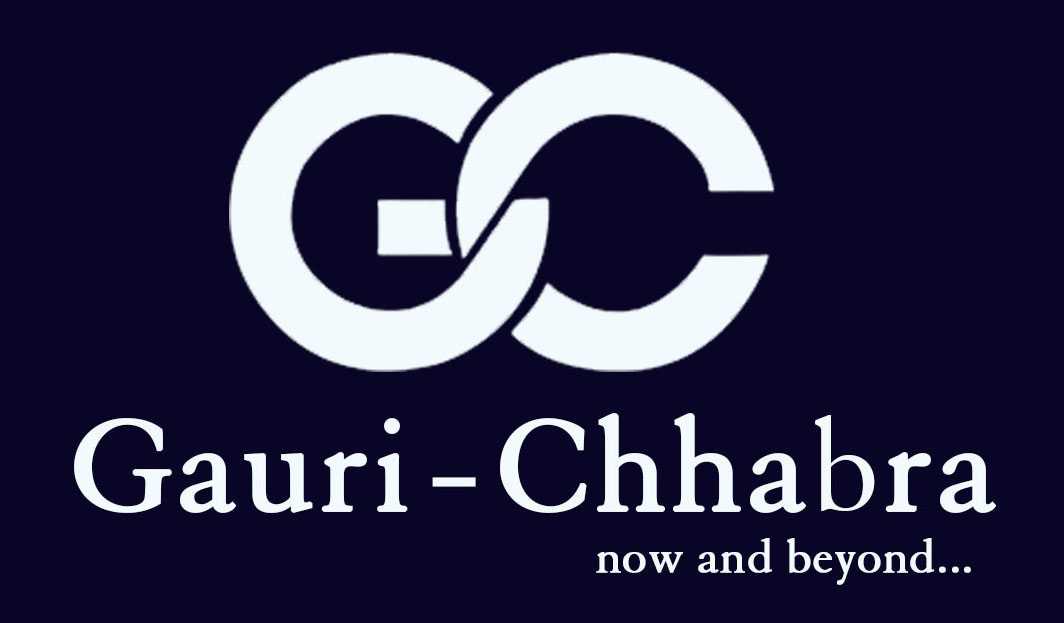So, you arduously prepare for the Entrance test and are all set for the coveted Tier A college of your choice. But, lo! you just missed the mark. You would not be able to make it to the IIT/NIT league. Or, you appeared for CLAT but did not make it to the top NLU’s. What now worries you is “ What do I do with a degree from a Tier B institution? The placements are not all that great”.
No worries! There are ways more than one to make sure you have a job offer in hand as soon as you graduate from college. No one would say-”Oh, you are just a fresher, that too from a Tier B institution”.
Following are some of the ways:
Be ‘Hands On’:
The world is changing, and WE are changing faster! Whether you go for a technical or non technical role, you would need to beef up your resume with technical proficiency. Gone are those days when your technical proficiency section was limited to MS Office. Therefore, utilize your time in getting a ‘hands on’ of various tools. Here are just a few examples of tools you might include in the technical skills section:
- Social Media: Twitter, Facebook, LinkedIn, Instagram, Pinterest, Google+, Hootsuite, Buffer, TweetDeck
- CRM Systems: RightNow, Salesforce.com (SFDC), Microsoft Dynamics CRM
- Blog Platforms: WordPress, HubSpot, Movable Type, Tumblr, FlatPress
- Email Service Providers (ESPs): BlueHornet, MailChimp, ConstantContact.
- Project Management Tools: Trello, Asana, Microsoft Project, Basecamp.
Recruiter Speak
Shreeja Devaraj, Recruiter, Saguna Consulting Services, a Management Consulting firm with offices in Ludhiana and Vizag, says,” While hiring freshers, we look at the college or institution they graduated from. But that is not the primary deciding factor. More important is what the candidate has been doing while earning his degree. If the attitude is positive and he has enough hands on experience of tools that would be handy in his profile, certainly he gets an edge over another candidate who has just an institution name to flaunt”.
Select internships well
Student Speak:
- Jaya Harsha Vardini, BBA-LLB ( Hons.), 4th year, Lovely Professional University, says,
I have always felt that the subjects we study are the same, the professors who teach us are are equally qualified, the grades we get are also the same, but the NLU pass outs get the cake served on a platter while a non NLU student like me has to fight my way to grab a spoon. I am not going to sugar quote the truth , the struggle is real! But I am also not going to deny the fact that we deserve to get the platter, all it takes is just a little extra work to get it.
I have been vigilant from the day one with my grades, co-curricular and extra-curricular. Although I feel that just presenting a paper or participating in a moot is not enough, the world needs something extra, something different. Since I want to get placed in the corporate sector once I graduate, I have worked hard and have always chosen the internships at the right places.I have recently completed my internship at the Luthra and Luthra Law offices which is one of the top law firms in India. While interning I always take the work given seriously and try my best create a good impression, something they would remember me by. Moreover I have taken many summers schools because it speaks for itself that I have gone out of way to learn something extra. Even while choosing the summer schools, I have chosen the ones related to the corporate subjects. I have narrowed my focus on few subjects. I have completed certificate courses in the Intellectual Property Rights and am looking forward to attend a summer college at the University of South California this year. I feel that the internships and summer schools don’t just add a feather to my cap , but they get a seat for me at the table reserved for top students”.
Curate your online presence
If you feel that your networking should start after your degree, you are mistaken. And if you somehow believe, just because you do not get into the top league, people will not notice, you are even more mistaken. There’s usually a line of candidates who will also go through the interview process before/after you. Once the company decides that you make the shortlist, many also search for you online to see if there’s anything else they find.
Maintain a LinkedIn profile, even if you don’t have work experience. LinkedIn has a public part of the profile that shows up when someone searches your name. A quick note on recommendations: Stay away from too many recommendations from your peers. They will definitely find you extremely talented and a future asset to any team, and the interviewer will definitely discount their views. Try getting recommendations from your professors, or from senior professionals that you do your college internships with. That counts a lot more.
Also, be careful about what you say on twitter or on facebook. It may seem wonderful to shoot out something funny or vehement on a political scandal. But remember, your future employer may not find it funny, or think you naive or fanatic.
Take on unpaid work
Instead of cribbing that you could not make it to your dream institute, make the most of your time. You can build your resume while getting your degree. You can take on some volunteer work that can help bolster your resume. Taking on short-term unpaid (or low-paying) gigs can give you additional experience in your chosen specialty, and can increase your chances of being the perfect candidate for your dream job.
Summing up:
Therefore, while you anxiously wait for an email or a letter that hopefully contains good news of admission to a college of your choice;in case you don’t, do not fret and fume. You can take small steps to make your degree from any college work for you, so much so… that the sender of that envelope ceases to matter.











